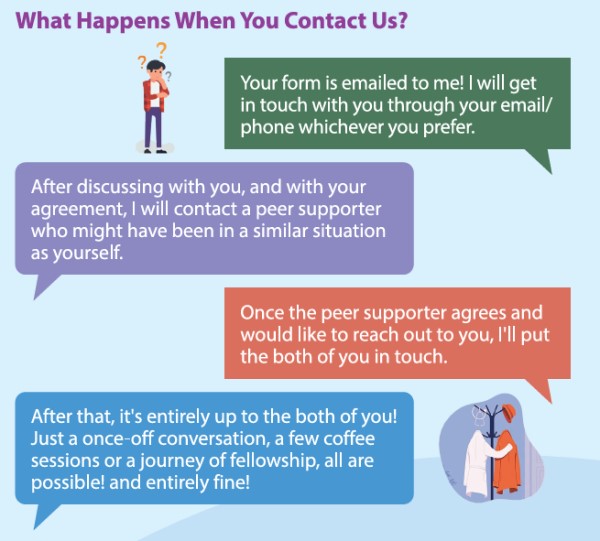Eighty-hour work weeks, going 36 hours without sleep – our seniors have done it all. These are the typical working conditions of a junior doctor, especially those of a house officer. Hardship builds resilience, we are told, and these are rites of passage to becoming a full-fledged doctor. Yet for some of us, the stress of clinical practice can be too much to bear. Singapore is seeing a high burnout rate of junior doctors. What can be done about this?
The World Health Organization defines burnout as a syndrome resulting from "chronic workplace stress that has not been successfully managed".1 Mental and physical exhaustion are things that all junior doctors face. Alas, some of us have more severe symptoms such as an inability to unwind after work, poor sleep and appetite, blanking out or having trouble functioning at work.
There is much stigma surrounding the topic of mental well-being, even among doctors. We may think that we are alone in our struggles or may even be afraid to confront them. Unfortunately, this only serves to compound the problem.
A peer support system
The Medical Peer Support Group is an informal peer-support system established by the two of us (Sean and Keith), together with other junior doctors. We function as peer supporters, assisting peers who come to us for guidance. We peer supporters are passionate about mental well-being, and most of us have lived experiences of struggling through our early clinical years. The peers we aid are typically junior doctors or medical students who have difficulty transitioning to clinical practice.
We spread news of our website to medical students and junior doctors via various class representatives and word of mouth. Our initiative aims to promote mental well-being among healthcare workers, destigmatise mental health conditions and to provide practical advice to junior doctors who need it. Through a simple contact form on the website, individuals can voice their needs and concerns discreetly. Everything is kept anonymous.
After filling up the form, peers are linked with a peer supporter, who will meet with them in person or talk over messaging platforms. The peer supporter's role is to provide advice or support based on their lived experiences – they are not trained counsellors. If the peer supporter finds that he/she is starting to take on the role of a counsellor or therapist, these supporters may recommend the peer to seek professional help.
This casual approach makes it easy for peers to seek help. Our initiative is not associated with any government bodies (eg, MOH Holdings or the Singapore Medical Council [SMC]) and does not share personal data with any organisations. We have however partnered with the National Wellness Committee for Junior Doctors and National Healthcare Group Residency to discuss the concerns of junior doctors on the ground. We also plan to provide training for peer supporters so that they are better equipped to handle difficult queries or situations.
Since the peer support group started in 2021, there have been about 40 peers who have signed up for these one-on-one sessions, and we have more than ten peer supporters on roster. We hope to grow the movement and increase the numbers of supporters and peers alike.
What do junior doctors want?
Over time, we have received feedback from our peers about the changes they would like to see in their workplaces. These are some of the requests we have received from peers:
The top question our peers have asked is: "If I declare my psychiatric condition, what will happen to my medical license?"
On behalf of our peers, we would like to request for SMC to publish clear guidelines in response to this question. Some peers have commented that SMC has denied them full registration until their psychiatrist certifies that their condition is "in remission". The lack of a full registration prevents male peers from returning to serve their disrupted National Service and may prompt raised eyebrows when one is applying for residency. Others have said that SMC has required them to inform their superiors or team consultants about their medical condition, which leads to another question: what follow-up actions are taken and what is the purpose of this measure?
Such measures seem to perpetuate the stigma of mental health conditions and deter peers from speaking up or seeking help. Should junior doctors be heavily penalised for having psychiatric conditions, they will be unlikely to declare it to their employers. We urge SMC to demonstrate greater transparency in this area, and to refurbish the current policies in an effort to destigmatise mental health conditions among junior doctors.
How can we work together to help junior doctors?
Medicine is a very meaningful career, but because the nature of it is so human-centric, we as doctors can sometimes forget to look after ourselves in the process of looking after patients. By sharing our experiences and helping one another, we can create a safer and healthier working culture for our junior doctors.
Whether you are a peer in need of help, or keen on being a peer supporter with your lived experiences, please reach out to us via the contact form on our website: https://tinyurl.com/medpeersupp.

Screenshot from the Medical Peer Support Group website